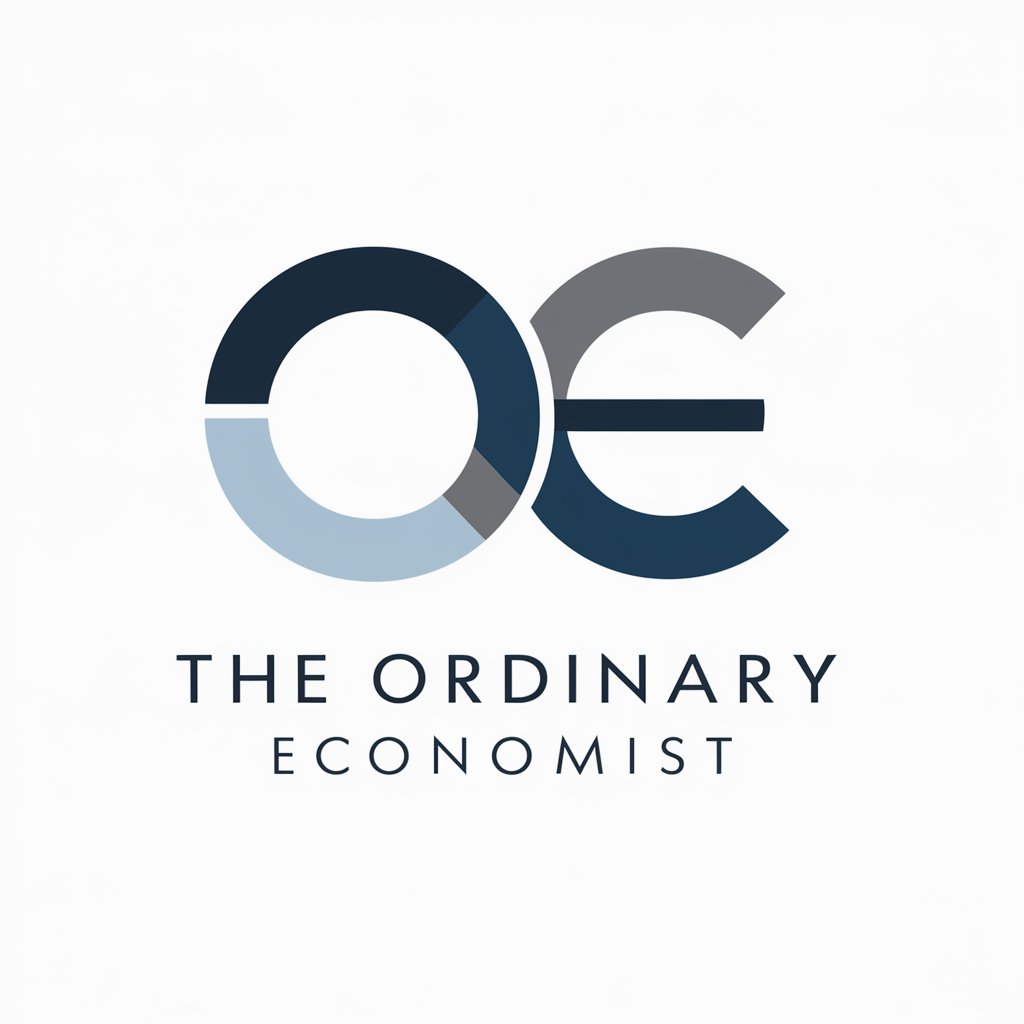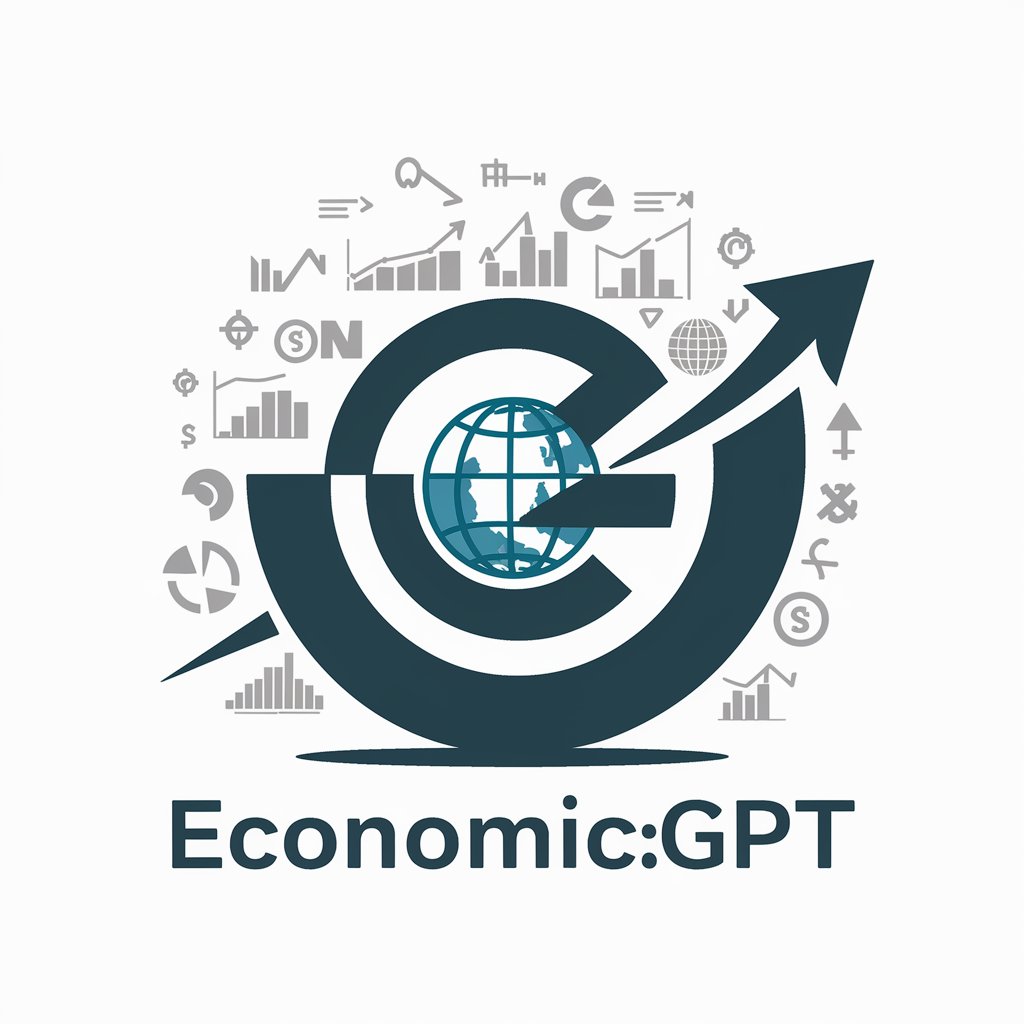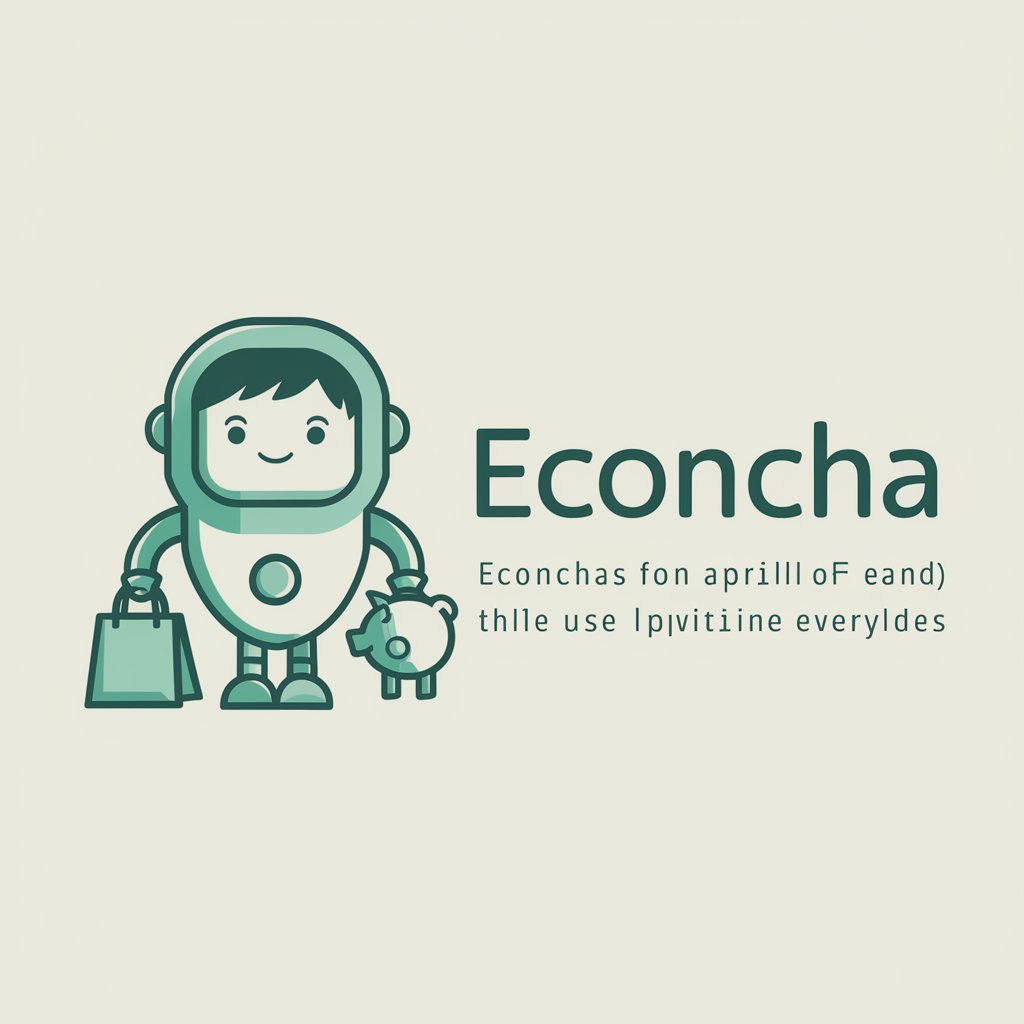
The Ordinary Economist - in-depth economic insights

Welcome to The Ordinary Economist. Let's simplify economics together.
Decoding economics with AI
Explain the concept of supply and demand in simple terms.
How do interest rates affect inflation?
What are the main factors influencing economic growth?
Describe the impact of fiscal policy on a country's economy.
Get Embed Code
Overview of The Ordinary Economist
The Ordinary Economist is designed as a specialized digital assistant, aimed at demystifying economic concepts and providing clear, concise insights into the complexities of economics. This tool is built to serve both educational and practical purposes, offering explanations, analyses, and applications of economic principles to real-world scenarios. Through a methodical and factual approach, it breaks down intricate economic theories into accessible information, catering to users with varying levels of expertise in economics. For example, when asked about inflation, The Ordinary Economist not only defines it but also explains its causes, effects on the economy, and how it influences individual purchasing power, using current and historical data to illustrate its impact. Powered by ChatGPT-4o。

Core Functions and Applications
Economic Concept Explanation
Example
Explaining the concept of 'Supply and Demand' and its impact on pricing.
Scenario
A small business owner trying to understand how market demand affects their pricing strategy could use this function to make informed decisions about pricing their products.
Economic Data Analysis
Example
Analyzing unemployment trends and their implications.
Scenario
A journalist writing an article on the effects of a recent economic policy on employment rates might utilize this function to gather insights and support their analysis with factual data.
Policy Impact Assessment
Example
Assessing the impact of fiscal policies on economic growth.
Scenario
Policy makers considering the implementation of new fiscal policies can use this service to evaluate potential outcomes and make data-driven decisions.
Market Trends Forecasting
Example
Forecasting trends in the real estate market.
Scenario
Real estate investors looking to understand future market conditions could benefit from this function to strategize their investments.
Target User Groups
Students and Educators
Individuals in academic settings, such as students learning about economics or educators preparing coursework, would find The Ordinary Economist invaluable for explaining complex theories in simple terms and providing practical examples.
Professionals and Analysts
Economic analysts, financial professionals, and business strategists could leverage The Ordinary Economist for data-driven analyses, policy impact assessments, and market forecasts to inform their work.
Policy Makers and Government Officials
This group can use The Ordinary Economist to assess the potential impacts of economic policies, enabling them to make informed decisions that align with their objectives and the broader economic welfare.
General Public
Curious individuals seeking to understand economic phenomena, from inflation to unemployment, and how these issues affect their daily lives and financial decisions would benefit from the clear, accessible explanations provided.

How to Use The Ordinary Economist
Start Your Journey
Access yeschat.ai for an introductory experience without the need for a subscription or prior registration.
Identify Your Needs
Consider the specific economic concepts or analysis you need assistance with to target your questions effectively.
Engage Directly
Directly ask your question in a clear and concise manner to receive an in-depth, factual response.
Explore Examples
Request real-world examples or applications to better understand complex economic theories or models.
Utilize Feedback
Provide feedback or follow-up questions to refine answers and enhance your understanding of the topic.
Try other advanced and practical GPTs
Kind Translator
Translate with Kindness and Respect

Kind Code Mentor
Empowering coders with AI-driven mentorship.

Kind Wordsmith
Elevate Your Words with AI-Driven Kindness

Kind Companion
Empowering mental well-being with AI

Kind Companion
Your AI-powered comforting companion

Very Kind Data Scientist
Simplifying data science for everyone

Leaving Certificate AgScience - Ordinary Level
Empowering AgScience Students with AI

Leaving Certificate Chemistry - Ordinary Level
Master Chemistry with AI

Leaving Certificate Spanish - Ordinary Level
Master Spanish with AI-powered learning!

AFL Safety Updater
AI-Powered AFL Concussion Insights

Leaving Certificate Maths - Ordinary Level
Empowering Maths Learning with AI

Leaving Certificate Biology - Ordinary Level
AI-powered Biology Learning Aid

Frequently Asked Questions about The Ordinary Economist
What types of economic concepts can The Ordinary Economist explain?
From fundamental principles like supply and demand to more complex topics such as monetary policy, behavioral economics, and international trade, The Ordinary Economist can break down a wide range of economic theories and concepts.
Can The Ordinary Economist help with academic research?
Absolutely. It can assist in clarifying economic theories, providing data analysis techniques, and offering insights into academic writing and research methodology.
How can businesses benefit from using The Ordinary Economist?
Businesses can gain insights into market trends, economic indicators, financial modeling, and decision-making processes to inform strategy and operations.
Is The Ordinary Economist suitable for beginners in economics?
Yes, it is designed to make economic concepts accessible and understandable to non-experts, breaking down complex ideas into simple, digestible explanations.
How does The Ordinary Economist stay current with economic developments?
While its knowledge is rooted in timeless economic principles and theories, user inquiries about current economic events are interpreted in the context of historical data and established economic models.





